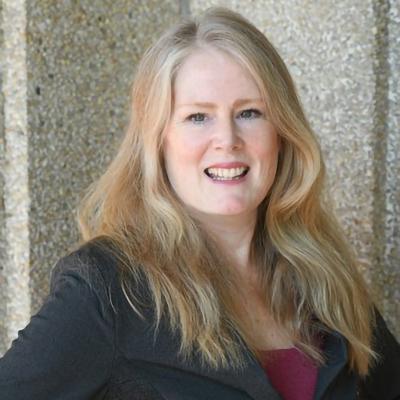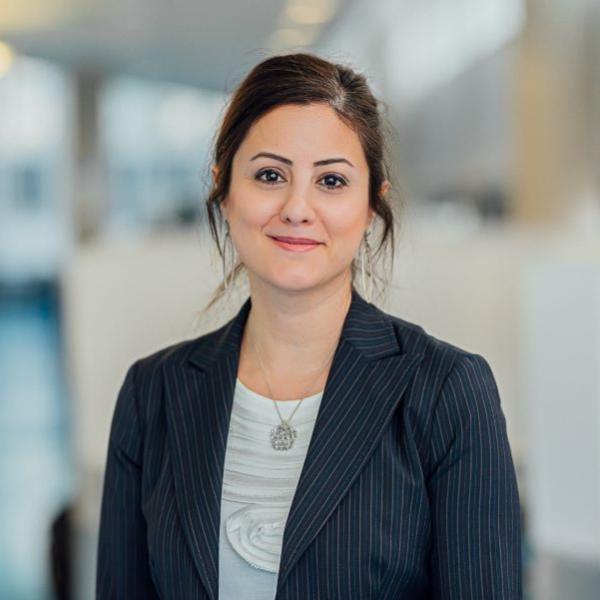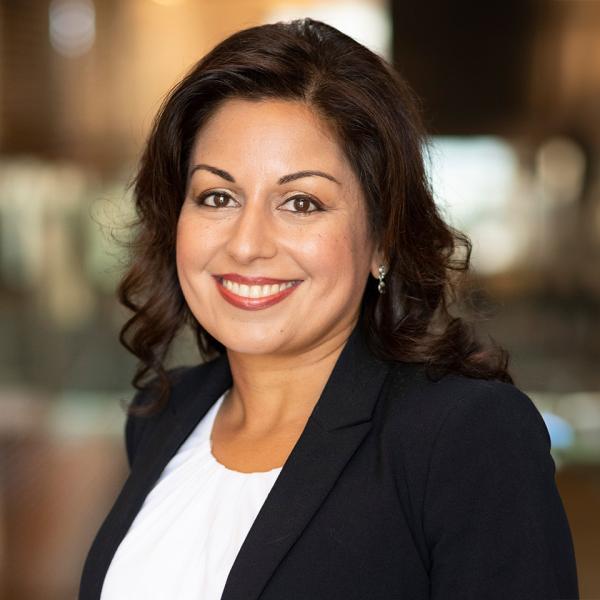The drama classroom can seem chaotic, filled with boisterous improv exercises and raucous rehearsals. But behind the soliloquies and sometimes silly games, there’s a lot of learning going on.
“It’s a particular kind of chaos, which I think is giving many students experiences and relationships that are difficult to find in other places in a school,” says Kathleen Gallagher, Director of the University of Toronto’s Centre for Drama, Theatre and Performance Studies and a professor at the Ontario Institute for Studies in Education (OISE).
As a former high school drama teacher, she knows how theatre allows students to explore different perspectives, make sense of the world, and wrestle with their worries, desires and identities. As an academic, her research is validating that impact.
How the collective act of creation in drama courses builds hope, joy and resilience
In 2014, Gallagher launched a project called Radical Hope at five sites around the world. Over the course of five years, it examined how the drama classroom can help young people grapple with location-specific challenges — like Brexit in the UK and gender inequality in India — as well as all the normal challenges of growing up.
Students worked together in different performance genres, developing their capacity to understand varying perspectives and care for one another. In the process, they gained a sense of agency and engagement.
They also taught Gallagher that hope is something you create, not something you have. “It’s a practice you hone over time,” she says.
Gallagher and her team subsequently turned their attention to the climate crisis — a source of anxiety for many students in the Radical Hope project. In their current Audacious Citizenship project, they’re examining whether the capacity to care that is fostered in drama classrooms can extend to the ecological world.
“We’re really focusing a lot on the emotions that students bring with them to learning about the climate emergency. Because we just find that’s missing in science class,” says Christine Balt, a postdoctoral fellow involved in the project. “Just being together and interviewing each other about the climate crisis and then taking those words and putting them on a stage makes them feel a lot less lonely.”
Embracing the messiness of big questions and multifaceted collaborations
Like drama itself, the research is often complex and messy. The projects emphasize experimentation and open-ended inquiry, asking broad questions like “what happens when?”, which resist simplistic analysis. They contrast realities in the global North and global South. They focus on co-creation, blurring the line between investigators and subjects.
They even incorporate a professional playwright, Andrew Kushnir, who creates “verbatim theatre” from transcripts of student interviews and first-hand encounters in the drama classroom.
“We treat every workshop or unit that we do as a lab,” Balt explains. “Having that open approach really captures that necessary complexity about these spaces in a way that I think not much research does. And that’s what makes it so fascinating and so vital.”
That’s not to say the research lacks rigour. The team uses ethnographic analysis to understand complex interactions within the drama classroom, drawing on interviews and hundreds of hours of video footage.
It wouldn’t be possible without CFI-funded equipment — including mics, cameras, iPads, computers and software — and close collaboration with OISE’s IT department. That support allowed researchers to capture the action from multiple perspectives, turned participants into collaborators by putting recording devices in the hands of students, and enabled detailed ethnographic coding and analysis across multiple languages.

It also allowed them to capture insights that interview transcripts don’t provide. In footage from a working-class Athens suburb hit hard by the economic crisis and ensuing Greek austerity measures, Balt spotted students doing cartwheels during their break. “To witness that on a piece of video data was just so powerful,” she says — evidence that the drama club created a place for joyfulness and playfulness absent in other classes.
Driving dramatic changes — for researchers, teachers and the students themselves

Gallagher believes the methodologies pioneered in Radical Hope and Audacious Citizenship have impacted the trajectory of dozens of graduate students. “I would be bold enough to say that our collaborative work has produced researchers who will make radical changes in their own fields because of that early immersion in really outside-the-box kind of development work,” she predicts.
Meanwhile, insights from her research into hope, collaboration and civic engagement provide evidence that drama isn’t just about putting on costumes and playing around (although that has value in its own right). It’s also about enabling risk taking and the exploration of different perspectives and possibilities.
Gallagher isn’t content to just communicate those findings in academic journals. She also transforms them into practical tools to help overworked high school drama teachers create more impact.
“Ultimately, I feel like this work can and should alter how we do school,” she says. “I put a lot of energy into knowledge translation because I feel like lives can change. Teachers’ lives can change. Students’ lives can change.”
“The CFI support and the technology over successive years allowed us to be far more interdisciplinary than we would have been.”
— Kathleen Gallagher







